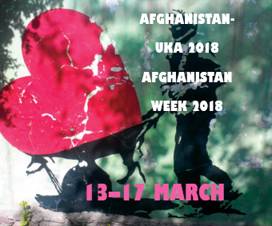
Norad invites to a lunch seminar in cooperation with the Norwegian Afghanistan Committee (NAC), Christian Michelsen Institute (CMI) and Peace Research Institute Oslo (PRIO).
Two recent studies that discuss corruption issues related to service delivery at the local level in Afghanistan will be presented and discussed at the seminar. By using education as a case, general challenges in anti-corruption work are made more specific. This approach also helps make the cost to local communities and children more visible. The first study is the MEC Ministry-wide Vulnerability to Corruption Assessment of the Afghan Ministry of Education. The second study is the external review by Scanteam of the World Bank managed Afghanistan Reconstruction Trust Fund. The education sector is an important part of the work of that trust fund.
Among the questions that will be addressed in the meeting are:
- What are the implications of widespread corruption in education for Afghanistan’s future?
- How does reform to combat corruption in education fit within a wider process of education reform in Afghanistan and how can development partners support this process?
- Decentralization of education; how can this be achieved without shifting corruption to the school community level?
- Does the Government’s anti-corruption strategy respond to the challenges identified here?
Programme
- Presentation of the main findings and recommendations in the MEC report on the Ministry of Education, Ian Kaplan (NAC) and Matthew Rodieck (MEC)
- Presentation of the integrity and anti-corruption discussion at the local level in the external review by Scanteam of the ARTF by Arne Disch, Scanteam.
- Comments by Fredrik Eriksson (U4, CMI)
- Q&A, discussion
This seminar is a side event to the Afghanistan Week 2018, a series of events related to Afghanistan, which is a collaboration between the Norwegian Afghanistan Committee (NAC), the Chr. Michelsen Institute (CMI) and the Peace Research Institute Oslo (PRIO)





